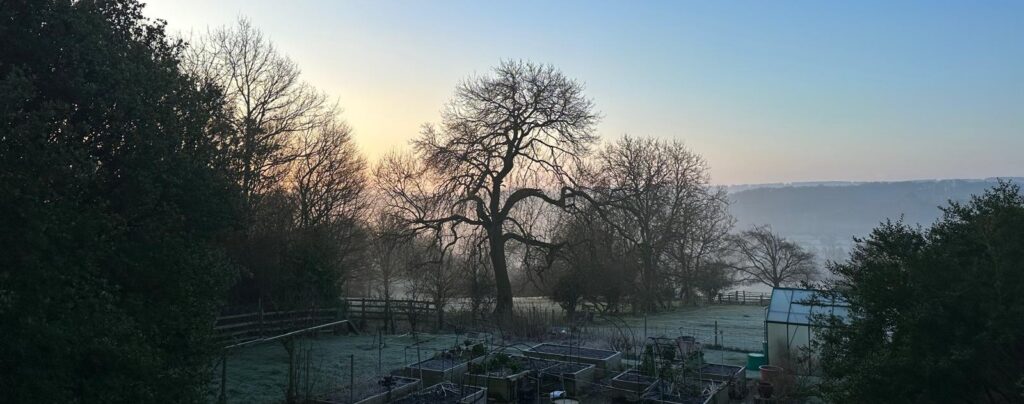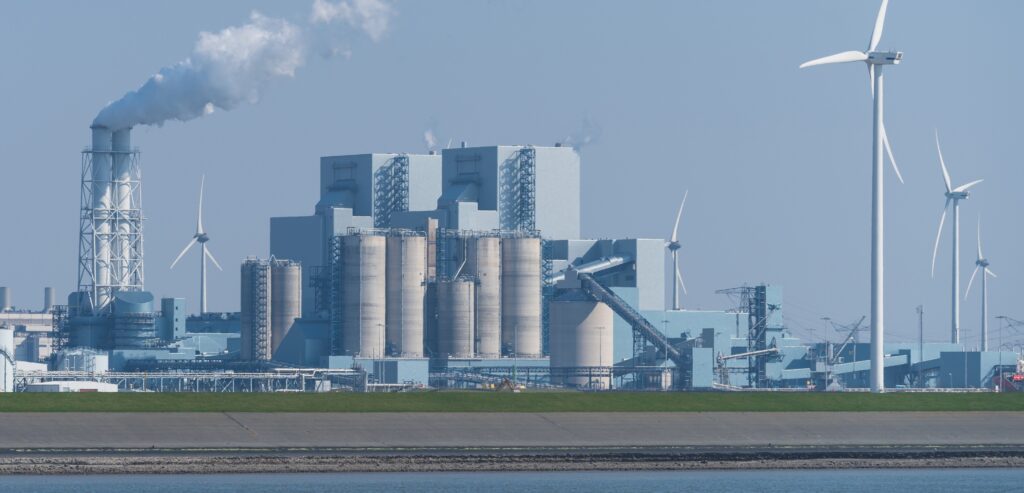“My over-riding ambition is to offer constituents of this area an opportunity to vote for a candidate who is passionate about making our area a better place to live and work, and who is truly committed to acting in their best interests.”
As the founder of a local and successful business in Ryedale; a lifetime resident of this beautiful place we call home; and with a continued passion for the survival of our agricultural sector – Richard feels he is perfectly placed to represent the interests of the people in the Thirsk and Malton constituency.

Having lived in Ryedale all his life, Richard shares the issues that we face here – and appreciates what is important to our community. For Richard, the people in this area come above party politics, which is why he is standing for the Green Party – as they give him the freedom to do what is right for the people who vote.
Not only did Richard come a respectable 2nd in North Yorkshire’s latest County Elections for the Kirkbymoorside and Dales Division; he also founded world-leading staircase design company, Bisca which operates from its headquarters in Helmsley, North Yorkshire; and is a Director of sustainable energy business, Land Energy based in Scotland.
Born in Malton and having spent much of his childhood actively helping on his family farm in the Gilling Valley, he was taught to weld at the age of nine by his father and developed a love for agriculture at this age. The skills he learnt at this stage of his life shaped his future and he is now passionate about passing on his experiences for others to benefit from.
Described as a practical, problem solver, who has a strong local support network, Richard has overcome many challenges both in business and personally, and is not too proud to admit failure. In fact, for him this has proved to be one of the best ways of learning and finding a better solution.
Richard’s Priorities
Richard has various priorities where he is keen to influence political decisions should he be elected including;
- Supporting local businesses to thrive
- Sustaining the future of small scale farms
- Improving local food production and distribution
- Encouraging better social justice and standards of living
- Helping young people secure a bright future
- Reducing the cost of living long-term
- Providing higher standards of social care to those in need
Above all, Richard strives to make life fun, stimulating, and enjoyable for those around him.
“My hope is that when my race is run, people will look back at the life I have led and say that on balance, most things I was involved with were affected in a positive way, and that my inputs and energies made a difference.”
To contact Richard about concerns or priorities you feel need addressing in the Thirsk & Malton constituency, please email him on mclanesustain@gmail.com
